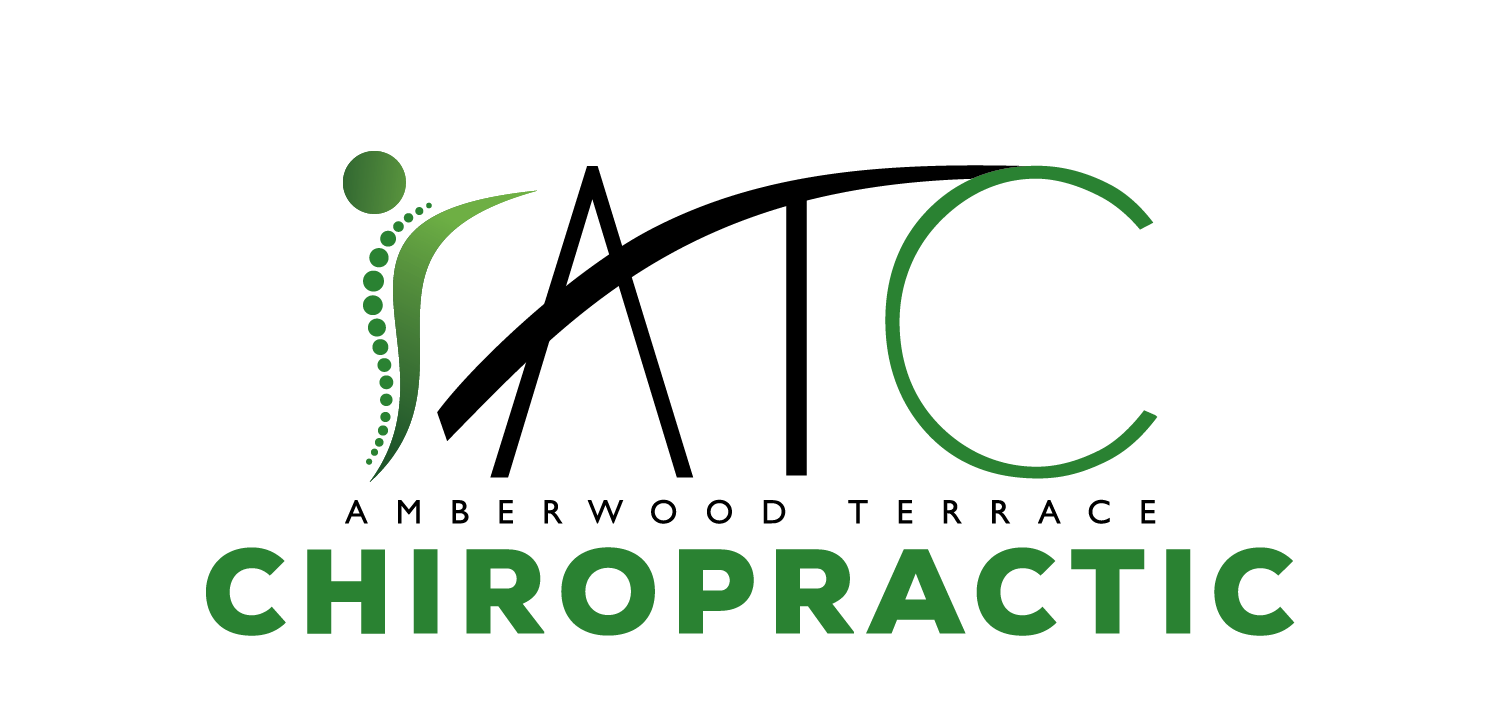A healthy diet = A healthy body. Right? I feel rather confident that everyone would agree with that general statement. For most of us, a healthy body means a slim, fit body that has all the look of healthy. This is basically true. But is that all it is?
Maybe it’s silly, but it seems that we often forget that our body is so much more than what it looks like. It is, in fact, much more about what it feels like. Not only in the form of energy levels and aches and pains, but just as much in the form of emotions and mental clarity.
Every single part of your body, from your hair follicles to your toenails and the spine that connects it all, need the right kind of fuel and care to function optimally. This includes all the parts that impact your mental health.
Mental Health and the Body
What are those parts of the body that impact mental health? Here is a brief overview:
The Brain
Just like the rest of our bodies, the brain requires the right kinds of fuel to function well. And since our brains are functioning all the time, it’s insanely important to fuel it up right! When your diet consists of mostly carbs, processed junk, and sugar, you’re releasing toxins into your body that cause inflammation and plaque build-up.
Feel like you’re constantly in a fog? Throw out the junk! And opt for veggies, fruit, and lean, unprocessed meats.
The Gut
The health-conscious world is familiar with the term, “gut-brain connection.” There are plenty of studies out there connecting our emotional state with our gastrointestinal health. And the connection goes both ways. If you have intestinal troubles, it can cause emotional issues such as depression and anxiety. Or, if you have a lot of stress in your life, it can cause gastrointestinal issues.
A healthy mind needs the right kinds of fuel in the form of both diet and external care. What are some ways you can reduce stress in your life? Your mental clarity may depend upon it.
The Heart
While there isn’t a firm link between mental health and heart health (yet), it is believed that there is just as much of a heart-brain connection as there is a gut-brain connection. The fact that stress can increase the hormones that impact blood pressure and heart rate is a good indication that we should at least be aware of this very possible connection.
A heart healthy diet full of whole foods and ideal portion sizes will help to strengthen a heart that has a lot of stress to handle.
The Muscles
We shared in an earlier blog post about all the incredible benefits of lifting weights even through middle age and beyond. Weight training is connected to combatting depressive symptoms and overall improving your mood. And it doesn’t even matter how heavy your weights are. Healthy and strong muscles contribute to an uplifted mood, better productivity, and better sleep. There’s even evidence that regular weight training could lead to a longer life with less likelihood of disease. How’s that for some mental health?
The Back
Medical News Today has an article out that discusses a topic very near and dear to our hearts here at ATC: back pain. The studies found that it doesn’t necessarily matter if your back pain is chronic or short term. There is an increase in five different mental health issues when dealing with back (and/or neck) pain: anxiety, depression, sleep deprivation, stress, and even psychosis. There’s no denying that a healthy spine is an essential part of the equation for a healthy mind!
The first step to a healthy spine is a visit with the knowledgable doctors at Amberwood Terrace Chiropractic.
Your Body, Your Mental Health
Simply put: your whole body impacts your mental health. How do you feel about your health? Do you struggle with focusing? With anxiety or depression? How’s your sleep?
Let us help you get on the right track toward a healthy body and a healthy mind. Contact us to schedule an appointment right away.
Disclaimer: The content of this blog is intended for informational purposes only. Consult with a medical professional regarding any health related diagnosis or treatment. The products and product claims discussed on this blog have not been evaluated by the United States FDA and are therefore not approved to diagnose, treat, cure, or prevent disease. Do not disregard or delay medical advice based on the information presented here.

